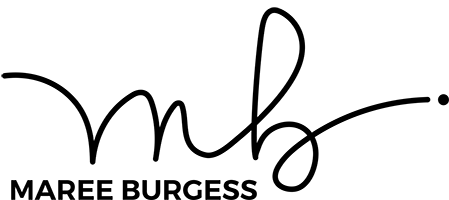
Trust and curiosity - does your team have both?
In my last blog I wrote about moving from chaotic to calm and touched on the importance of curiosity and trust to move towards a calm culture.
Learning how to tap into a state of being curious, and developing trust with those we are interacting with can change a team culture, sometimes overnight. Like a Trojan horse – we are able to bring about change without anyone being consciously aware and everything becomes slightly easier as conversations become more open and sharing.
Being curious without trust in place feels like we are being intrusive. I remember a family Christmas several years ago, when I was trying to involve my niece’s new boyfriend into the family conversation by asking him questions about himself. After several questions, I had quite a shock when my brother banged the table and told me to ‘stop interrogating him’. Even with family members don’t always assume that there is sufficient trust in place to ask a lot of questions!
Curiosity
Curiosity is a state of active interest and genuinely wanting to know more about something. It’s about being open to uncertainty or unfamiliar experiences.
Our powers of observation expand when we are curious and we see things differently. Studies have shown that high levels of curiosity are connected to greater analytic ability, problem solving and overall intelligence.
Curiosity also allows us to form more satisfying relationships. When we are curious we ask more questions because we want to learn more about others.
Trust
The Cambridge Dictionary definition of trust is ‘to believe that someone is good and honest and will not harm you, or that something is safe and reliable’.
Trust is required in any interaction we have with others if we are to reach an effective outcome. This is particularly true when we are part of a team.Without trust, the team is just a group of individuals doing their own thing. It doesn’t matter how capable or talented each individual is, if trust isn’t present between them the team will not reach its full potential.

Being Cynical
We become cynical with low trust and low curiosity. Being cynical creates a mind-set of not believing anything, even when we are presented with evidence to support something new or different. We are closed to new ideas or new ways of thinking and our trust in others is low or non-existent. We fail to meet expectations and actively create mistrust with our colleagues.
Being Superficial
We are being superficial with high trust and low curiosity. When we have a superficial mind-set, there may be high levels of trust with our colleagues and team members, however with low levels of curiosity our ability to expand and grow is limited.
When we work with people who are superficial, we are unable to tap into their higher levels of thinking, as their thinking is shallow or sketchy, they can be offhand and indifferent to stretching further.
They go along with the ideas of everyone else and rarely have anything new to contribute. We don’t feel challenged in our thinking.
Being Sceptical
Being sceptical is a mind-set of high curiosity but low levels of trust. We question what we are hearing and looking for evidence to support the information. Being sceptical can be a healthy mind-set to have however at its worst those around us can feel that they are being interrogated as we question everything they say.
Working with sceptical team members can be exhausting as we are always having to explain or provide the details to support our ideas and we can start to doubt or second guess ourselves.
Being Transformational
Awareness of how curious we are, and the depth of our relationships with others determines whether we are able to become a transformational team. This isn’t for one person to create, being transformational means the team needs to aspire to this space.
Teams that are highly focused on their goals, achieve superior results, and outperform similar teams are known as high-performance teams.
High-performance teams have a high degree of trust between all team members. They watch each other’s backs; have a diversity of skills and competencies to complement each other; have a diverse range of opinions, which they openly share; and communicate consistently about any issues that affect the team. They are also curious about ‘what else’ they can achieve.
Have you ever experienced being part of a transformational team? I’d love to know.
This is an excerpt from my latest white paper. If you would like to read more please contact me for a copy.
Feel free to share and like this article.
Maree

